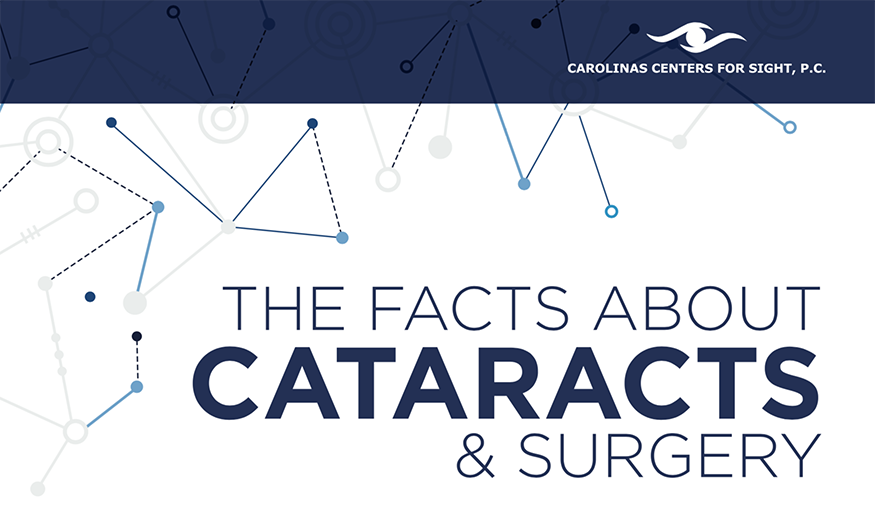Is SMILE Eye Surgical Procedure An Excellent Suitable For You? Critical Insights And Aspects To Review
Is SMILE Eye Surgical Procedure An Excellent Suitable For You? Critical Insights And Aspects To Review
Blog Article
Authored By-Lundgreen Cooley
If you're considering SMILE eye surgical treatment, contemplate this: are you prepared to welcome prospective aesthetic flexibility, or does the thought of any type of risks make you think twice? Your choice will certainly hinge on a careful balance of weighing the advantages versus the uncertainties. It's crucial to delve much deeper into the nuances of SMILE surgery to make an educated choice that straightens with your aesthetic objectives.
Comprehending SMILE Eye Surgical Procedure
When thinking about SMILE Eye Surgical treatment, it is essential to understand the treatment and its benefits. SMILE, which represents Tiny Laceration Lenticule Extraction, is a minimally invasive laser eye surgical treatment that remedies usual vision problems like myopia (nearsightedness).
During the treatment, your eye surgeon will utilize a femtosecond laser to produce a little incision in your cornea. Through this incision, a little disc of cells called a lenticule is gotten rid of, improving the cornea and remedying your vision.
Among the crucial advantages of SMILE Eye Surgical procedure is its fast recuperation time. Lots of people experience boosted vision within a day or two after the procedure, with marginal pain.
Additionally, SMILE is understood for its high success price in offering long-term vision correction. Unlike LASIK, SMILE does not require the development of a flap in the cornea, lowering the threat of issues and allowing for a more steady corneal structure post-surgery.
Recognizing the treatment and its benefits is critical when considering SMILE Eye Surgery for vision correction.
Pros and Cons of SMILE
Taking Into Consideration SMILE Eye Surgical treatment for vision adjustment includes various benefits and prospective drawbacks.
One of the main pros of SMILE is its minimally intrusive nature, as it involves a little cut and normally causes fast healing times. 4 Months After Cataract Surgery is additionally understood for creating marginal discomfort and dry eye symptoms post-surgery compared to other vision correction approaches. Additionally, SMILE has actually been revealed to provide outstanding visual outcomes, with lots of clients accomplishing 20/20 vision or much better.
On the other hand, a possible con of SMILE is that it might not be suitable for people with serious refractive mistakes, as the treatment variety is rather restricted contrasted to LASIK. An additional factor to consider is that the discovering curve for surgeons carrying out SMILE can impact the availability of knowledgeable carriers in specific areas.
https://timesofindia.indiatimes.com/city/puducherry/jipmer-sets-up-lasik-facility-to-perform-advanced-ophthalmic-surgeries/articleshow/83988379.cms to weigh these benefits and drawbacks meticulously when making a decision if SMILE is the ideal selection for your vision modification demands.
Identifying Qualification for SMILE
To determine if you're qualified for SMILE eye surgical procedure, your eye doctor will certainly carry out an extensive assessment of your eye health and vision demands. During this evaluation, factors such as the stability of your vision prescription, the thickness of your cornea, and the overall health and wellness of your eyes will certainly be examined.
Generally, candidates for SMILE are over 22 years old, have a steady vision prescription for a minimum of a year, and have healthy and balanced corneas without conditions like keratoconus.
Your optometrist will likewise consider your general eye health and wellness, any existing eye problems, and your lifestyle requires to establish if SMILE is the right option for you. It's essential to connect any kind of certain aesthetic requirements or problems you may have during this examination to ensure that the therapy straightens with your expectations.
If you aren't eligible for SMILE, your ophthalmologist may recommend alternate vision adjustment choices that better fit your private demands and eye health and wellness status.
Verdict
Eventually, determining whether SMILE eye surgery is right for you calls for careful factor to consider of your private eye wellness and visual needs. Talk to your eye doctor to identify your qualification for the treatment and weigh the possible advantages and disadvantages. Bear in mind to communicate any type of worries or concerns you may have throughout the analysis process to make an educated decision about your vision modification alternatives.
